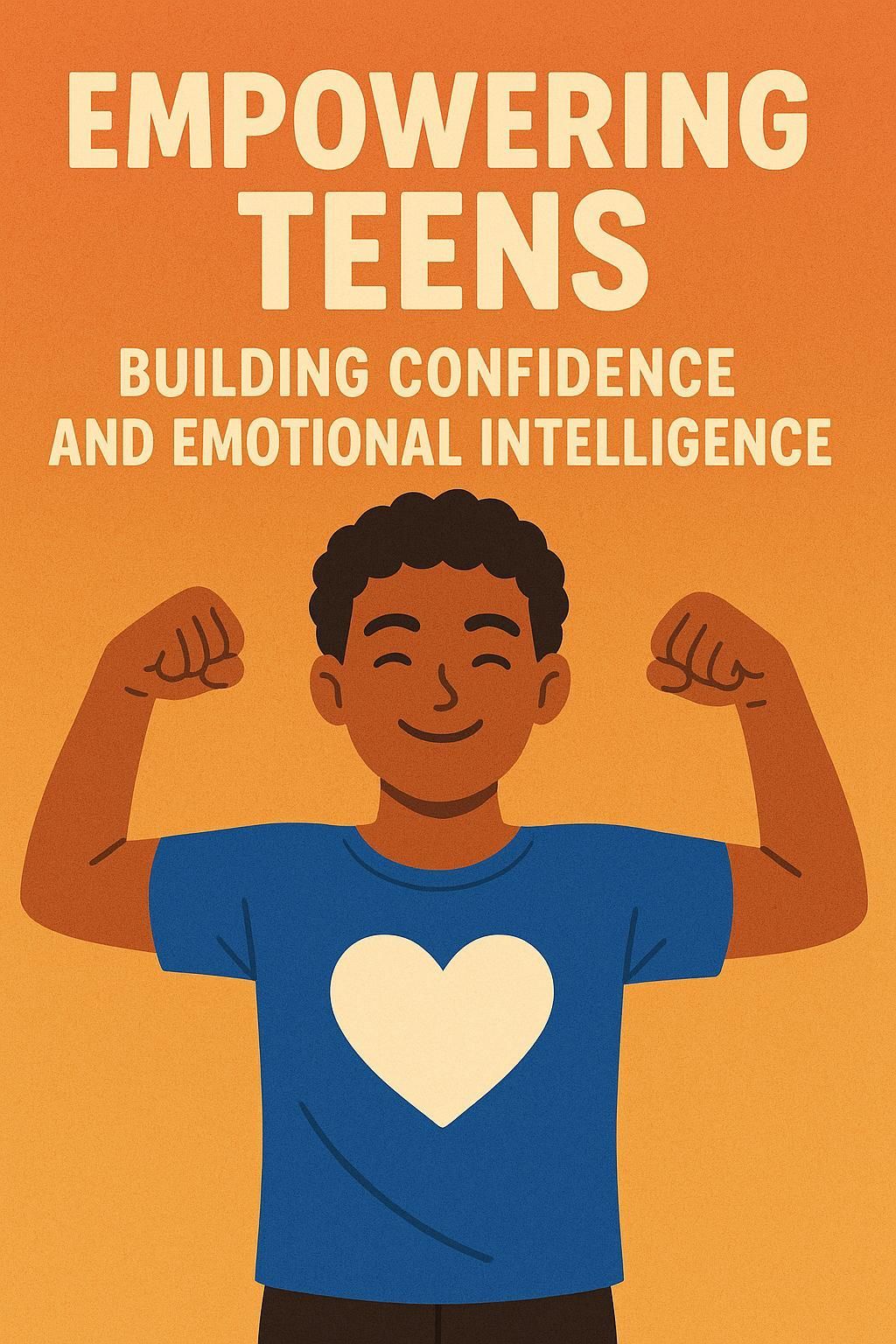Schedule Your Appointment
Our Location
17101 Preston Road, Suite 110
Dallas, TX 75248
Schedule Your Appointment
Our Location
17101 Preston Road, Suite 110
Dallas, TX 75248

Guiding Children Through Divorce: Strategies for a Supportive Environment
Going through a divorce can be a challenging time for your family, especially for your children.
By prioritizing child-centered divorce support, you can ensure their needs and well-being come first during this difficult period.
In this blog post, you'll learn how to create a safe, understanding, and reassuring environment for your kids, giving them the support they need to handle this significant life transition with greater resilience.
Understanding the Impact of Divorce on Your Children
Research has shown that parental divorce or separation is associated with a higher risk of adjustment problems for children and adolescents.
Your child may face challenges like academic difficulties (such as lower grades or an increased risk of dropping out), disruptive behaviors (including conduct and substance use issues), and depressed mood.
Some of the common effects your child might experience include:
1. Emotional Distress: Your child may struggle with sadness, anger, or confusion during and after the divorce. They might blame themselves for the situation or feel torn between parents.
2. Behavioral Issues: The stress of divorce may cause your child to act out, become aggressive, or engage in risky behaviors.
3. Loyalty Conflicts: Your child might feel caught between you and your former partner, leading them to feel pressured to pick sides.
4. Trust Issues: The divorce could shake your child's sense of stability, potentially impacting their ability to trust others in future relationships.
Coping Strategies for Children of Divorce
Creating an environment that fosters child-centered divorce support is crucial for helping them navigate the changes in their lives.
Here are some strategies for a child-friendly divorce process:
1. Open Communication: Encourage your children to express their feelings and concerns, and listen without judgment.
Be honest about the situation in an age-appropriate way, reassuring them that both parents still love and care for them.
2. Maintain Routines: Keep daily routines consistent, such as meal times, bedtime, and school schedules. Familiarity helps provide a sense of security during a time of uncertainty.
3. Reassurance and Affection: Give your children extra hugs, positive affirmations, and encouragement.
Let them know that the divorce is not their fault and that both parents will always be there for them.
4. Avoid Conflict in Front of Your Children: Minimize disagreements and avoid speaking negatively about your former partner in front of your kids. This helps reduce their feelings of being caught in the middle.
5. Co-Parenting Collaboration: Positive co-parenting after divorce is crucial to developing a unified approach to discipline, routines, and scheduling.
Consistent rules and expectations between households can help children feel more secure.
6. Support Networks: Help your children connect with friends, family members, and other trusted adults who can provide additional support.
7. Special One-on-One Time: Spend quality time with your children individually to reassure them of your love and attention. Doing enjoyable activities together helps reinforce your bond.
8. Be Patient: Understand that your children need time to adjust to the new reality. Be patient with their emotions, and continue to provide reassurance and stability.
Emotional Support for Children in Divorce Available in Dallas, TX
Another excellent resource for child-centered divorce support is Beckloff Behavioral Health Center.
Our experienced and compassionate counselors offer child counseling services to help your child to cope and develop emotional resilience during this rough time.
Contact us today.

Contact Us
Office Hours
Monday-Friday:
9AM–7PM
Saturday:
8AM–3PM
Sunday:
Closed
In addition to in-office appointments, we also offer virtual telehealth sessions.
Contact us to learn more.
Our Services
Beckloff Behavioral Health Center


